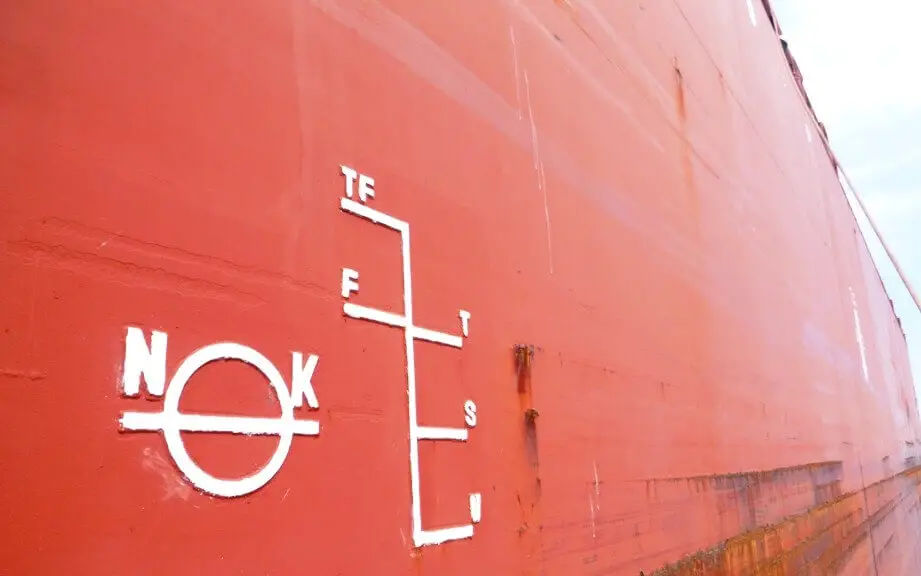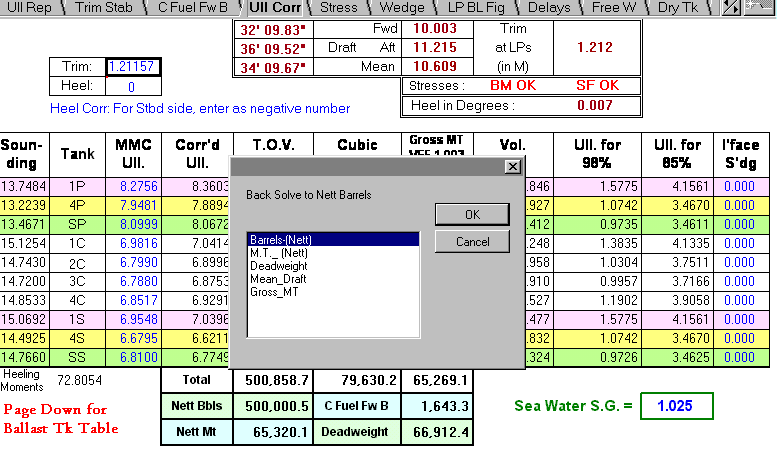Gross Observed Volume (GOV): The total volume of all petroleum liquids and sediment and water, excluding free water, at observed temperature and pressure.Gross Standard Volume (GSV): The total volume of all petroleum liquids and sediment and water, excluding free water, corrected by the appropriate volume correction factor (VCF) for the observed temperature and API gravity, relative density, or density to a standard temperature such as 60°F or 15°C and also corrected by the applicable pressure correction factor and meter factor.Relative Density: It is defined as the ratio of the … [Read more...]
What is VEF (Vessel Experience Factor) ?
The VEF is a factor to account for residual inherent measurement imprecision associated with ships's calibration and residual random measurement variations (both ship and shore). The VEF is a computation of the history of the Total Calculated Volume (TCV) loaded by the vessel adjusted for OBQ or ROB, compared with the TCV of shore measurements, typically a Bill of Lading in order to compute a load port VEF for the vessel.The VEF should always be used by the vessel to assess if the Bill of Lading quantity is reliable. It may also provide an indication of potential shortages on outturn at … [Read more...]
Cargo Calculations – Tanker Work
General An oil volume can only be measured at its prevailing temperature and it, therefore, follows that the standard volume must usually be calculated. Unfortunately, different countries have different standard (reference) temperatures.Generally, the reference temperatures are:In Eastern Bloc, Brazil 20oC; In Western Europe 15oC; In the USA 60oF. The situation is further confused in that there are primarily two volumetric units, which are:In metric countries the cubic meter (m ) In non-metric countries the barrel (Bbl).Combining a statement of volume … [Read more...]


